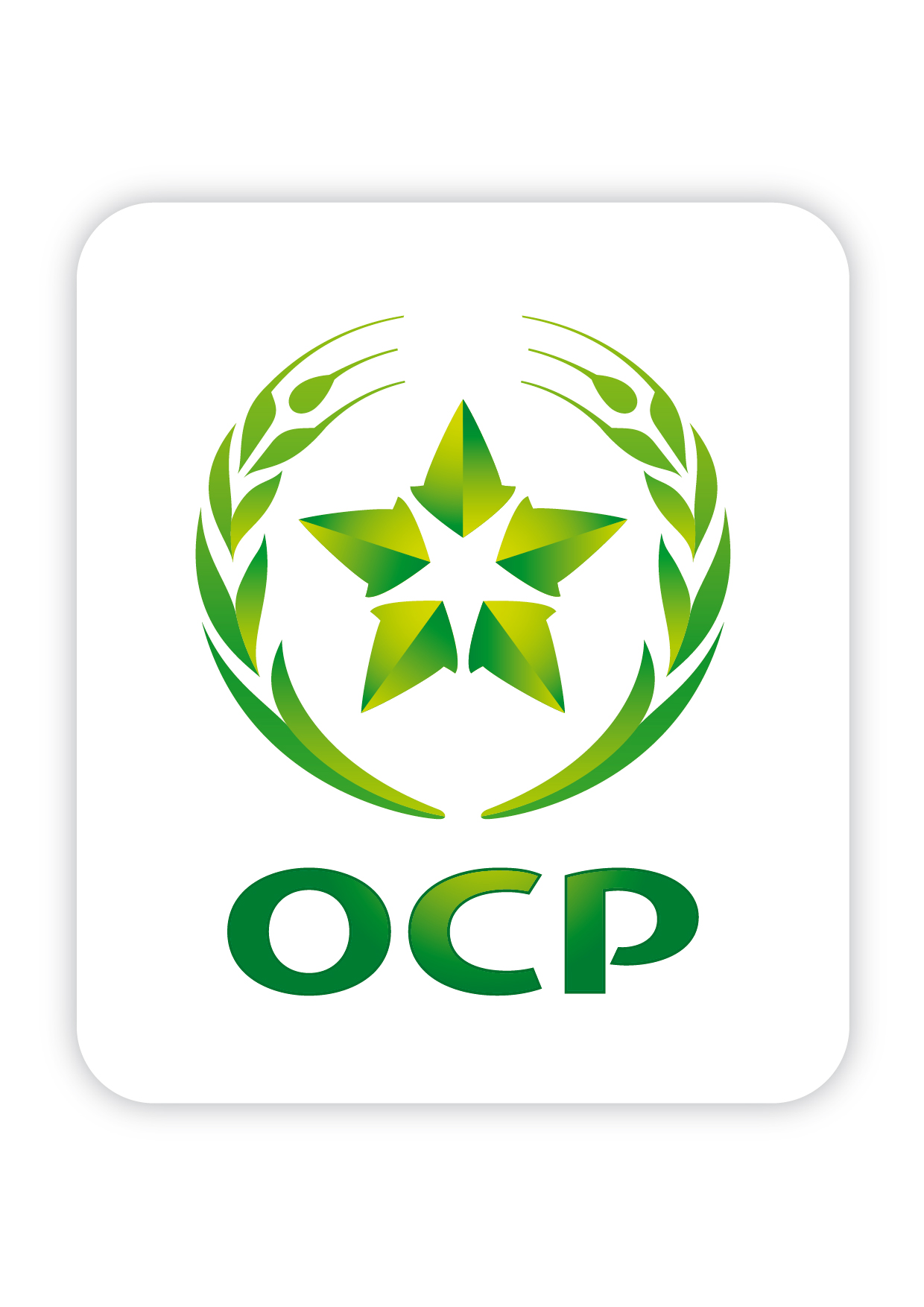El Haqed, Morocco’s hip hop revolutionary
By dragging the rapper to court for his incendiary lyrics, the state isn’t silencing him, it is drawing attention to his work
Mouad Belghouat, aka El Haqed, on his release from prison earlier this year.
Photograph: L7a9ed.com/Creative Commons
Torie Rose DeGhett, guardian.co.uk
Since the initial popularity of Moroccan rapper El Haqed‘s incendiary lyrics calling out police corruption and the oppression of the monarchy, he and his music have become one of the dominant public voices of the Moroccan protest movement.
Morocco’s revolutionary story has been granted a lot less media focus internationally than some of its north African neighbours, partly because of how crafty the regime has been in creating the veneer of democratic reform while maintaining an oppressive political and economic hold, trying to deftly spin its way out of a full-on Tahrir situation. El Haqed, best translated as “the indignant”, has, through both his songs and his arrests, managed to highlight the real nature of the Moroccan regime.
Mouad Belrhouate, El Haqed’s real name, pictured above on an album cover that reads “We Are All Indignant,” wasarrested on March 29 following a suit filed by Morocco’s National Security Agency, and is being tried for insulting public employees in his song, Kilaab Addawla (Dogs of the State). The accusations against him centre not only on the content of his lyrics, but on the accompanying photo montage on a more recently uploaded YouTube video with which Belrhouate is unconnected. The video below is the song itself, but not the montage in question, which seems no longer available.
Songs like Kilaab Addawla and others of his like Baraka Men Skat (No More Silence) have put to music the grievances of Morocco’s 20 February movement, and the substance of their challenges to the monarchy. In the chorus of No More Silence, sung by Jihane, the lyrics attack Morocco’s economic injustice and regime violence: “They exploit our wealth and leave the crumbs for us / While so many freedom fighters died on our behalf.”
El Haqed’s first arrest came last autumn, on what were widely considered to be trumped-up assault charges, triggering an outcry on social media and among the 20 February movement, and prompting articles about the limits of the Moroccan reforms. Indeed, Morocco’s reforms have been a deceptive and false democratisation. Moroccan-American writer Samia Errazzouki, in a piece last fall for Al-Akhbar, wrote that “the changes themselves are largely cosmetic. They do not place a serious check on the power of the king.”
Twitter and citizen journalism are a primary source of information on El Haqed, from his arrest to his new music (many Twitter users spell his name “El7a9ed,” using numbers to better approximate Arabic transliteration in a style known as “Arabish”.) L7a9ed.com, its companion on Twitter, @Freel7a9ed, and social media portal Mamfakinchupdate frequently about news relating to his latest arrest. A recent tweet from the Free El7A9ed campaign indicates that the rapper may even be preparing for a hunger strike:
A hunger strike would only solidify his status as a revolutionary icon, like Moroccan student protester Ezzedine Erroussi, who has been on hunger strikesince his arrest in Taza on 19 December. This new arrest for El Haqed, like his first one, will probably only amplify his voice, increase the audience for his music and foment anger and rejection of regime tactics.
The fame and revolutionary position of his Tunisian counterpart, rapper El Général, were sealed by his arrest by Ben Ali’s security, and singer Ramy Essam’sarrest and torture by Egypt’s hated armed forces were equally ineffective at limiting the impact of his anthemic pro-revolution music.
Rather than silence the effects of Kilaab Addawla by dragging El Haqed into court over its challenge to police corruption, the state is drawing attention to it. Reports of prisoner mistreatment do nothing but fan the flames. If it sends any message at all, it is that the regime fears the power held by people like Belrhouate and Ezzedine Eroussi, and elaborates on the monarchy’s egregious lack of toleration for dissent.
Protest music has been very successful over this past year, being a voice for the people that remains tough to silence. While part of its power does lie in the ability to post these songs to YouTube and put up free downloads on host sites like MediaFire to spread the music’s message, the music itself, separate from its viral potential, is incredibly significant.
Rap and hip-hop like the music performed by El Haqed have been a notably potent genre in the Middle East and north Africa during the revolutions and protest movements, taking energy from the youth movement component of these demonstrations. The result is a complex and growing body of rap that takes all dimensions: from the mixed sounds of electro chaabi to pro-Islamic verses or bilingual solidarity songs that incorporate audio from news clips. The performance of music with an independent political voice is itself an act of protest; the demands of freedom of speech and expression have great primacy in these revolutions and uprisings.
The music, often hard-hitting with sounds that feel like blows, outlines the exigencies of life under autocracy and the demands of the people’s movements. It’s hard to ignore this kind of music and the messages that they insist you hear. It will certainly take more than El Haqed and his verses to bring the demands of the 20 February movement to fruition, but his music and the messages that are central to it are a critical element of the push against autocratic rule.
.





